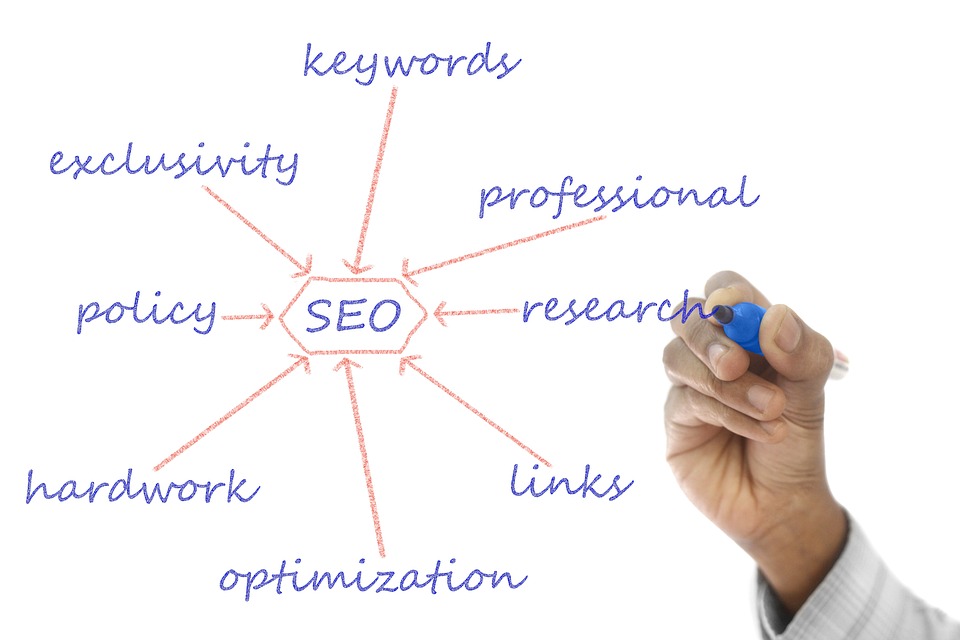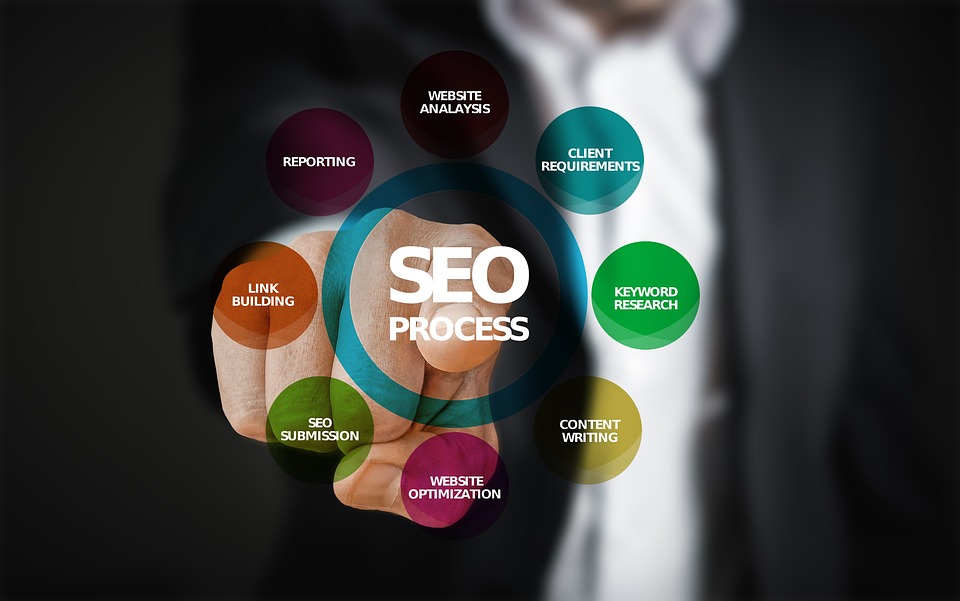Are you confused about the difference between SEO and SEA? Do you want to know what you need to focus on to improve your website’s search engine ranking? Look no further, as we break down the key differences between SEO and SEA and provide you with everything you need to know to boost your online presence.
What is SEO?
SEO, or Search Engine Optimization, is the process of optimizing your website to improve its visibility in organic (non-paid) search engine results. This involves incorporating relevant keywords, creating high-quality content, and obtaining backlinks from other reputable websites. The goal of SEO is to increase your website’s ranking on search engine results pages (SERPs) so that more people can find and visit your site.
What is SEA?
SEA, or Search Engine Advertising, on the other hand, involves paying for ads to appear at the top of search engine results pages. These ads are typically displayed above or below organic search results and are marked as “sponsored” or “ad.” With SEA, you bid on keywords and pay for each click or impression your ad receives. The goal of SEA is to drive targeted traffic to your website and increase conversions.
Key Differences Between SEO and SEA
1. Cost: SEO is a long-term strategy that requires time and effort to see results. While it is generally free to optimize your website for search engines, the process can be time-consuming and may require hiring an SEO expert. SEA, on the other hand, involves paying for ads, so you can see immediate results but at a cost.
2. Visibility: SEO focuses on improving your website’s organic search ranking, which can lead to long-term visibility and sustainable traffic. SEA provides immediate visibility by placing your ads at the top of search results, but this visibility is dependent on your budget and bidding strategy.
3. Click-through rate: Studies have shown that organic search results receive more clicks than paid ads. Users tend to trust organic results more than ads, so having a high organic search ranking through SEO can lead to higher click-through rates.
4. Targeting: With SEO, you optimize your website to attract organic traffic based on relevant keywords. SEA allows you to target specific audiences based on demographics, interests, and behavior, making it a more precise and targeted advertising method.
FAQs
1. Which is better for my website, SEO or SEA?
The answer to this question depends on your goals and budget. If you are looking for long-term visibility and sustainable traffic, SEO is the way to go. However, if you want immediate results and are willing to pay for ads, SEA might be a better option for you.
2. Can I use both SEO and SEA for my website?
Yes, many businesses use a combination of SEO and SEA to maximize their online visibility. By utilizing both strategies, you can attract organic traffic through SEO while also reaching a targeted audience through paid ads.
3. How do I know if my SEO and SEA efforts are working?
You can track the performance of your SEO and SEA campaigns through tools like Google Analytics and Google Ads. These tools provide valuable data on traffic, keywords, conversions, and more, allowing you to measure the effectiveness of your efforts and make adjustments as needed.
In conclusion, both SEO and SEA are valuable strategies for improving your website’s search engine ranking and driving traffic. Understanding the key differences between the two can help you determine the best approach for your business goals. Whether you choose to focus on SEO, SEA, or a combination of both, investing in your website’s search engine presence is essential for success in today’s digital world.










